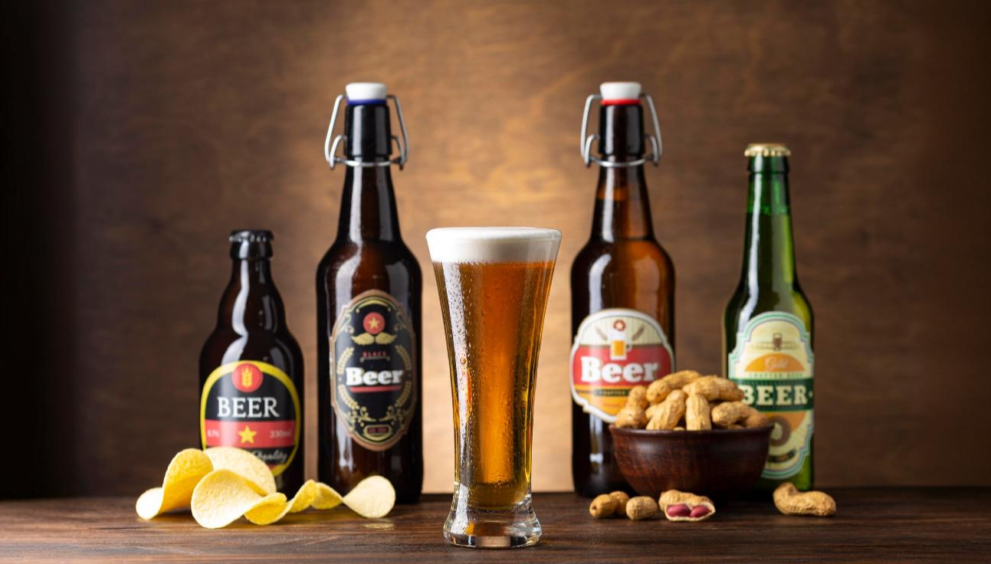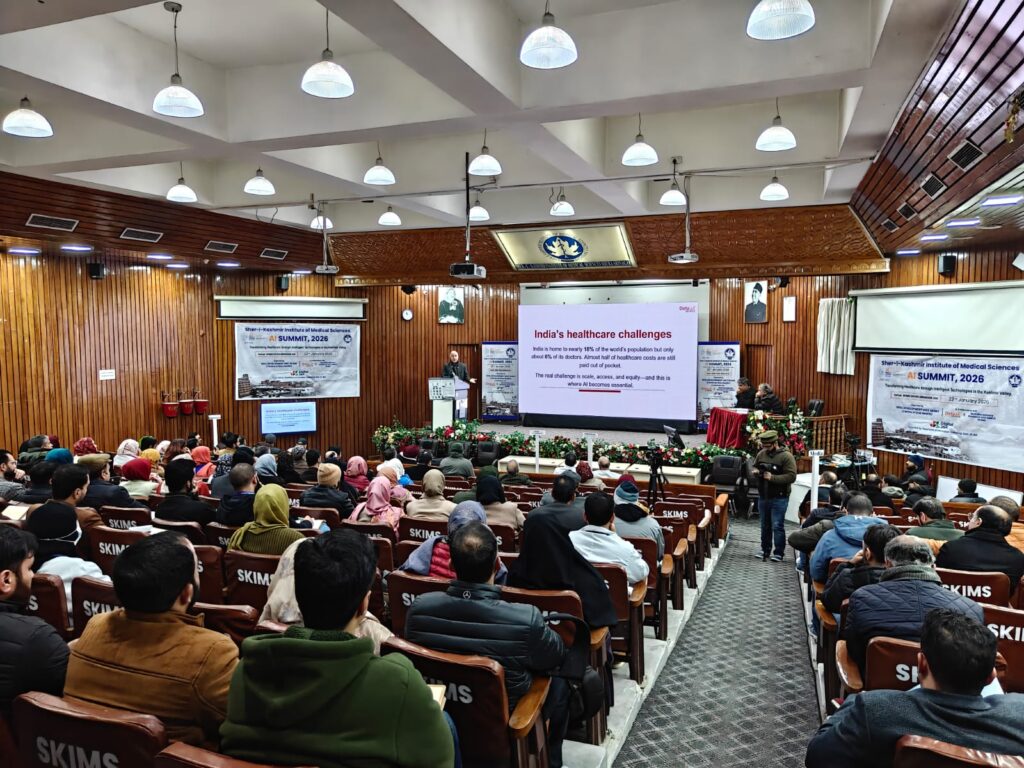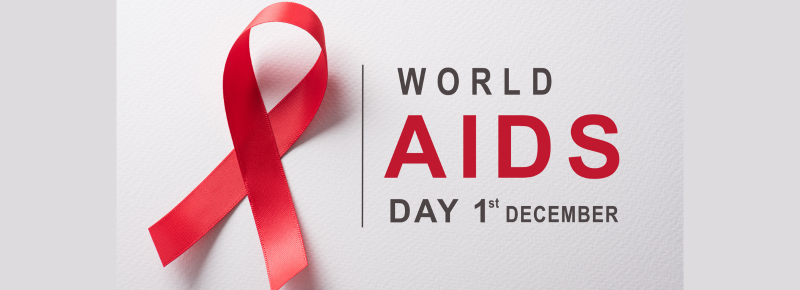FACT CHECK: Is beer good for bone health, as claimed by PETA? Experts say no
Medical experts are strongly criticizing a PETA advertisement that claims beer consumption could improve bone health, calling it a dangerous misrepresentation of scientific research that could mislead consumers.
Author
Author
- admin / 11 months

- 0
- 4 min read

Author
CLAIM:
Drinking beer is good for bone health, and can prevent osteoporosis.
FACT:
Medical experts have criticized the PETA advertisement calling it a dangerous misrepresentation of scientific research that could mislead consumers. In fact, alcohol consumption is a risk factor for osteoporosis.
Medical experts are strongly criticizing a PETA advertisement that claims beer consumption could improve bone health, calling it a dangerous misrepresentation of scientific research that could mislead consumers.
In the video, posted from PETA’s official YouTube channel which has about 12 lakh followers, a person can be heard saying, “drinking beer can actually prevent bone loss and osteoporosis, likely because it contains the micronutrient silicon. In moderation, beer is healthier than cow’s milk.”
The animal rights organization’s advertisement, which promotes beer as a “bone-healthy” beverage choice and looks to discourage people form consuming milk, has drawn sharp rebuke from healthcare professionals worldwide, with particular concern raised by Indian medical experts who note that most beers available in the Indian domestic market contain significantly lower silicon levels than their Western counterparts.
First Check spoke with Dr Mukesh Kapoor, Senior Principal Scientist at the Central Food Technological Research Institute (CFTRI) in Mysore who said, “Cherry-picking of data is being done to establish health benefits from beer consumption.”
The study in question, published in the Journal of the Science of Food and Agriculture by University of California Davis researchers, analyzed silicon levels in 100 commercial beers, primarily from North American and European breweries, but did not examine any connection to bone density or health outcomes.

Dr Kapoor pointed out that the findings may not apply to Indian consumers. “Most popular beer brands in India use higher proportions of rice and wheat as adjuncts rather than malted barley, which naturally leads to lower silicon content,” he said.
The original study found that beers contain an average of 29.4 mg/L of silicon, with India Pale Ales showing the highest silicon content at 41.2 mg/L. However, Dr Anand Chandra, a gastroenterologist with over 20 years of experience from AIIMS, New Delhi, noted that India’s beer market is dominated by mild lagers.
“Not only is it misleading to promote alcohol for bone health, but the silicon content argument doesn’t even apply to most beers Indians consume,” said Dr Chandra. “Our traditional diet already provides better sources of silicon through ingredients like banana stem, bamboo shoots, and whole grains,” he said.
“The popular Indian lager and similar Indian beers use significant rice content in their brewing process, which results in lower silicon levels. Using these beverages as a silicon source makes even less sense in our context,” he added.
Medical professionals continue to emphasize that alcohol consumption actually increases fracture risk. “Alcohol consumption is a risk factor for osteoporosis,” said Dr Chandra. He stressed that claims about beer’s bone-health benefits would be “premature” without data on bone density or fracture incidence.
Dr Chandra, pointed out another crucial factor: “The bioavailability of silicon from beer isn’t well understood, especially when compared to traditional Indian dietary sources. We need to focus on promoting these time-tested nutritional sources rather than alcoholic beverages.”
Some previous research has shown promising connections between dietary silicon and bone health. A 2004 study found associations between higher silicon intake and increased hip bone density in men and premenopausal women. However, experts stress that such benefits can be achieved through proper nutrition without alcohol’s risks.
“This is NOT a reason to drink beer,” emphasized Dr Chandra.
Medical professionals continue to caution against using alcohol consumption as a health strategy, noting that numerous other silicon-rich foods, such as whole grains and vegetables, offer similar nutritional benefits without the associated risks of alcohol consumption.
Also read: FACT CHECK: Can alcoholic drinks like wine, beer and rum boost your skin’s health? – First Check










